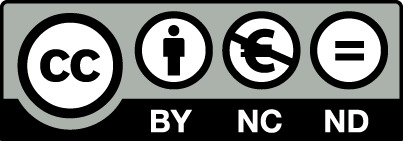Assessment of Electric Vehicles Lifetime Emissions Methodologies including Suggestions for their Future Evolution
Rastislav LAUKO
https://doi.org/10.53465/EDAMBA.2022.9788022550420.252-265
Abstract: To compare the life cycle emissions from EV (electric vehicle) and ICE (internal combustion engine) car is very important task. Results will influence general perception of EV potential buyers as well as policy makers. The methodologies to properly calculate LCA (life cycle assessment) emissions for EV and ICE are subject of development and their applications differ across the studies.
Some of the suggestions for LCA methodologies adjustments as suggested by this article includes novum, other (like battery recycling, battery second life, longer EV life span) occurs already today in different LCA analyses, however there is still rather a big diversity of the ways of their application.
The suggestions have a methodological nature, should open wider debate related to LCA methodologies development and possibly might inspirate future research work in their application. By working on this paper, the author finds out that due to the methodological robustness of LCA, country specific inputs (mainly for the energy mix), diversity of LCA applications, lacking worldwide precise standard on LCA methodology, whenever you read any outcomes related to LCA EV or ICE emissions, the reader has to go rather deeply to how the LCA was applied by author/s, in which environment, what sort of datasets were used and only after thorough assessment of the author approach, respective results can be used for further decision making.
Keywords: electric vehicles, life cycle emissions, LCA methodology improvements
JEL classification: F18, L62, L80
Fulltext: PDF
Online publication date: 3 March 2023
ISBN: 978-80-225-5042-0
Publisher: University of Economics in Bratislava
Pages: 252-265
To cite this proceedings paper (STN ISO 690 and 690-2):
LAUKO, R. 2023. Assessment of electric vehicles lifetime emissions methodologies including suggestions for their future evolution. In LÜLEYOVÁ, A. (ed.). EDAMBA 2022: Conference Proceedings. Bratislava: University of Economics in Bratislava, 2023. ISBN 978-80-225-5042-0, pp. 252-265. https://doi.org/10.53465/EDAMBA.2022.9788022550420.252-265
License:

This work is licensed under a Creative Commons Attribution-NonCommercial-NoDerivatives 4.0 International License.